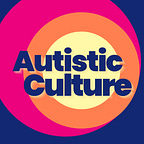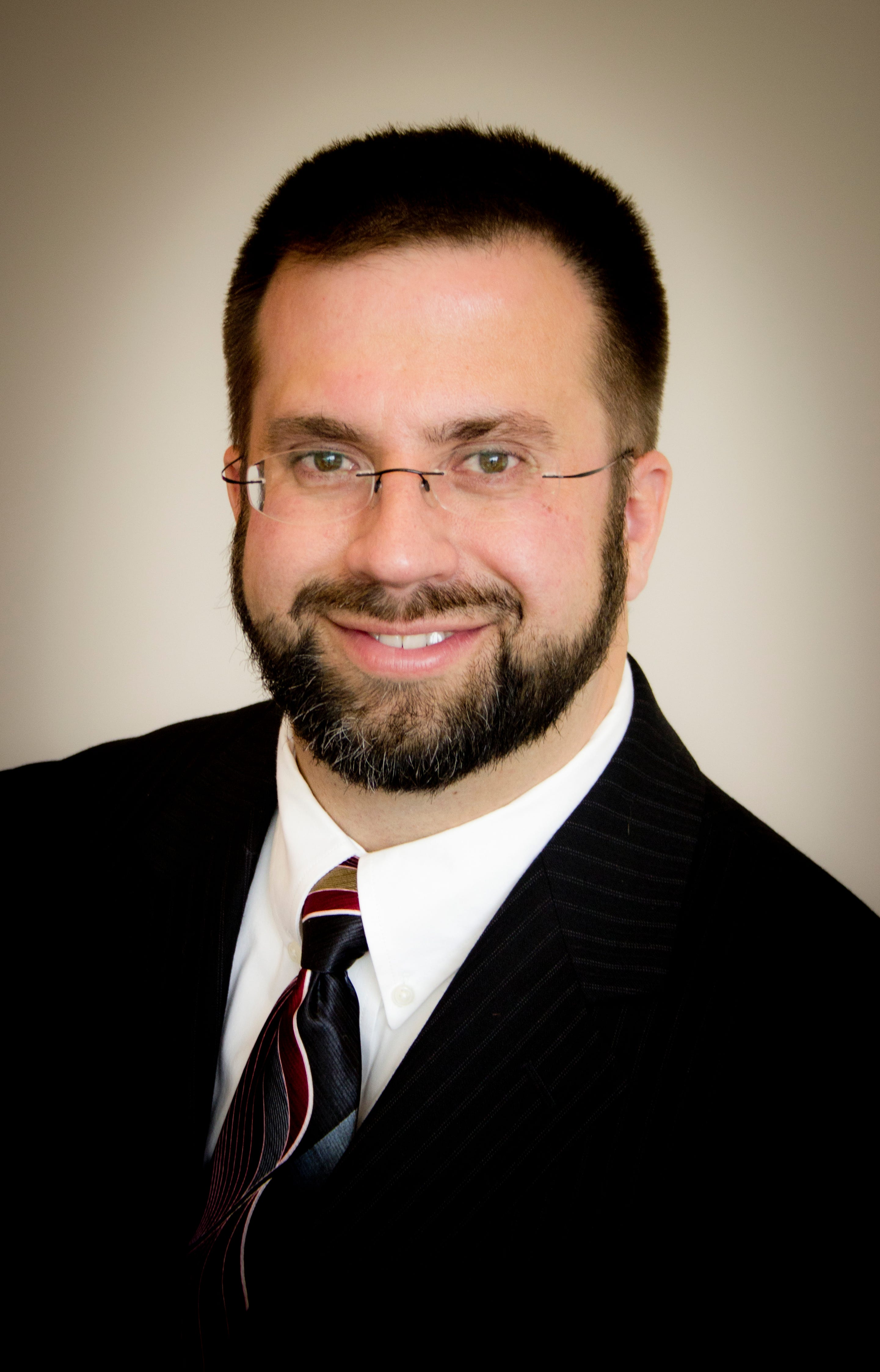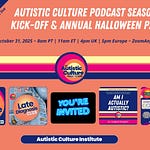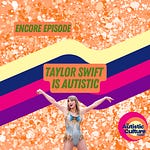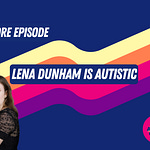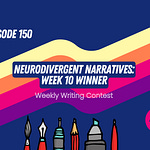An episode that took a fantasy and made it reality.
In Episode 139 of The Autistic Culture Podcast, Dr Angela Kingdon continues our journey through the 10 Pillars of Autistic Culture with Dr. Scott Frasard, as we move onto Pillar 4 — World building.
Dr. Scott Frasard is an autistic autism advocate who is a published author and an outspoken critic of operant conditioning approaches to change natural autistic behaviors to meet neuro-normative social expectations.
Dr Scott Frasard decided he wasn’t going to critique the status quo, he was going to build something new.
His essay, ‘The World We Built: A Future Where Autistic People Are Respected, Not Repaired,’ set in 2075, imagines a world where autism is no longer pathologized. Where the DSM is behind museum glass, and identity is co-created, not diagnosed.
You can read it in full here.
Here’s what defines this core Autistic trait:
🧠Mental Mapping: Autistic brains naturally organize information in systems — we often build entire models inside our minds to understand or improve what’s around us. Creating a coherent internal or external system — could be fictional, functional, emotional, social, or sensory.
💡Systems thinking: Using logic, narrative, and design to rethink how things could work.
Key Concepts:
Autistic world-building is immersive, structured, and strategic.
It often starts in childhood: building imaginary cities, organizing toys into categories, designing languages, or character arcs.
It evolves in adulthood: spreadsheets, RPGs, sensory hacks, alt-education models, and organizing social movements.
World building is a coping mechanism and a creative force — it helps us understand systems and reimagine them.
It is not limited to fiction, but that’s how we know it best or can spot it fastest. Some examples are Star Wars, Pokémon, Taylor Swift’s Eras, Dungeons & Dragons, My Chemical Romance, Ren Faires, LARP, fan wikis, and cosplay universes.
💭 Here’s what to listen for through the lens of world-building:
What does it look like to lean into world-building as an autistic cultural strength? And what does it look like when that gets punished or pathologized?
Here are some examples:
Build your systems:
Pathologized: They call you inflexible. You’re told to be more spontaneous. You mask your systems, and your stability crumbles.
Lean in: You have rituals, frameworks, time-blocking, color-coding, filters, and scripts. You run your day like a game level.Build a universe around your SPIN:
Pathologized: It’s called obsessive. You’re told it’s “just a phase.” You try to hide your joy.
Lean in: You go deep. You make maps, charts, and timelines. You know what your characters eat for breakfast.Use world-building to solve problems:
Pathologized: You’re told your ideas are too complex, too idealistic, too much.
Lean in: You imagine better service models, ethical policy shifts, and future educational frameworks.Build tools for neurodivergent life:
Pathologized: You’re seen as needy or over-prepared instead of brilliant.
Lean in: You design visual supports, flowcharts, decision trees, or sensory kits.Co-create with others:
Pathologized: Your leadership gets ignored. Your vision gets sidelined. You get told to “just follow the plan.”
Lean in: You bring friends into the world you’re building. You make collaborative campaigns, zines, and alt-syllabi.
Autistic world-building is not a bonus feature. It’s the core engine of our culture. The world we want doesn’t just appear. We build it. And we’ve already started.
So, whether you’re autistic, exploring the possibility, or just someone who loves and respects autistic people, you are welcome here.
We’re saving you a seat!
This episode is a part of our Start Here Series, which is designed for new listeners of the show who are wondering, “where should I start?” to have a solid foundation for their experience here. It’s also for loyal listeners to begin to more fully embody the pillars of Autistic culture with more clarity and pride. Join the convo with #AutisticCulture!
Scott on LinkedIn: https://www.linkedin.com/in/scottfrasard/
Scott’s book: https://amzn.eu/d/1OmioMc
Related Episodes:
George Lucas - The creation of Star Wars was a masterclass in galactic-scale myth-making. (Ep 56)
Pokémon - Offers an intricate, collectible universe built on categorization, pattern recognition, and the joy of completion. (Ep 16)
Dungeons & Dragons - Let’s players collaboratively build worlds with clear rules and infinite flexibility. (Ep 39)
Taylor Swift - She constructs interconnected emotional worlds through albums, Easter eggs, and lyrical references. (Ep 64)
My Chemical Romance - MCR’s concept albums (The Black Parade, Danger Days) build rich dystopian worlds, where emotional extremes are mapped onto visual and sonic design. (Ep 121)
Lemony Snicket - The Snicketverse builds a deeply ordered but unjust world, where rules are arbitrary yet must be followed. (Ep 6)
Tim Burton - His gothic and surreal aesthetics construct spaces for misfits and loners, drawing from archetypes and childlike wonder. (Ep 41)
Ren Fests - Immersive environments that allow for costumed identity, ritualized interaction, and communal storytelling. (Ep 77)
Mythic Quest - The show reveals how structured thinking and obsessive creativity shape virtual and emotional landscapes. (Ep 60)
Disney - Disney’s vast narrative empire constructs consistent, idealized worlds that merge spectacle with moral simplicity. (Ep 26)
Follow us on Instagram
Find us on Apple Podcasts and Spotify
Learn more about Angela at AngelaKingdon.com
Our Autism-affirming merch shop


